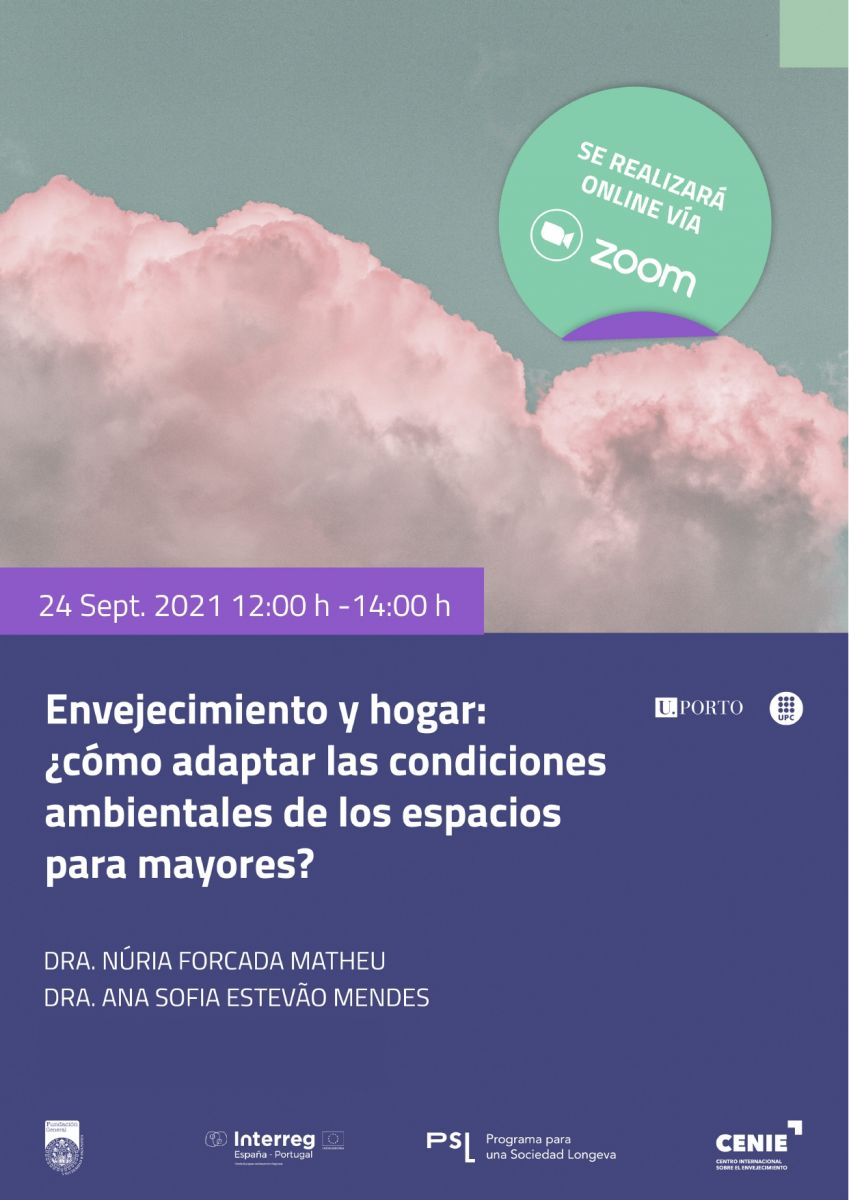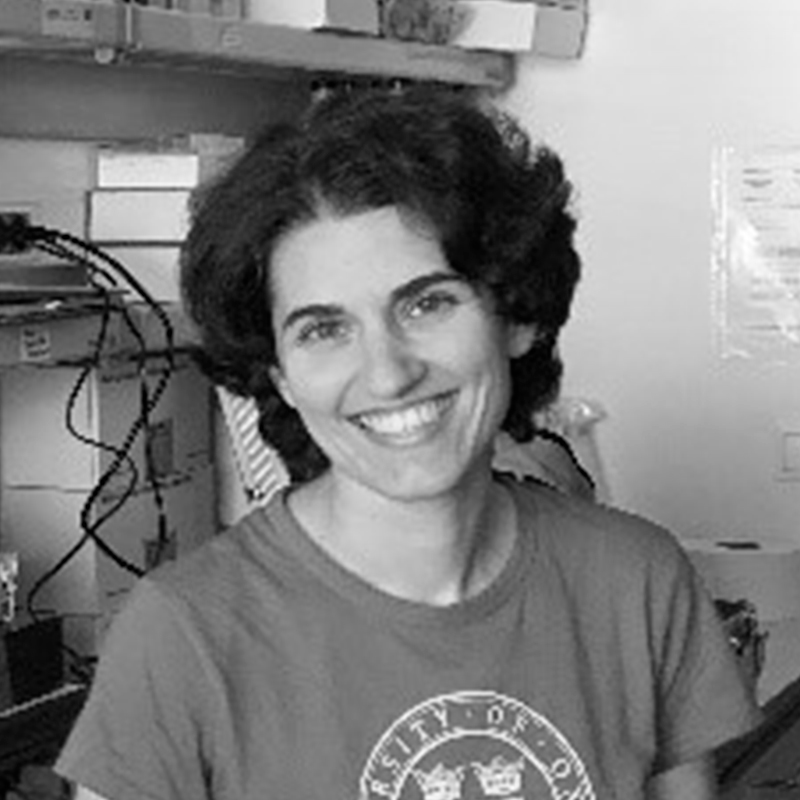"Ageing and home: how to adapt the environmental conditions of spaces for the elderly".
Abstract
Given that older people spend a considerable part of their lives indoors and that the environment in which they live affects their health and well-being, determining the environmental conditions of the spaces they inhabit is vital for their well-being and ageing.
Currently, the design of buildings and ventilation installations as well as their management is governed by regulations based on static thermal comfort models (TCM).
Based on 2153 thermal sensation surveys of residents of five residences located in the Mediterranean climate and 791 of residents of 8 residences located in the Atlantic climate, it was concluded that the elderly have a thermal sensation different from that determined by the regulations and in extreme conditions (winter and summer) the elderly are less sensitive to changes in temperature, i.e. a change in temperature does not cause them discomfort. It was also concluded that the neutral temperatures and sensitivity to temperature changes were similar in the two climates.
For each residence, different indoor rooms (dining room, living room, gym, etc.) were monitored throughout the different seasons. In parallel, indoor environmental data (air temperature, radiant temperature, air velocity, air humidity and CO2) and outdoor conditions (outdoor air temperature and humidity) were collected. At the same time, residents occupying these spaces were asked about their thermal sensation (TS), preference (P) and acceptability (A). During monitoring, data was collected on the physical activity being undertaken by the respondents and the level of clothing they were wearing.
These data were used to develop adaptive comfort models in which more realistic data are obtained and the comfort temperature depends on outdoor conditions.
According to the model obtained for the Mediterranean climate, in non-air-conditioned spaces, the elderly feel more comfortable in environments between 1ºC and 3ºC higher than the rest of the population. In spring, if the indoor temperature remains between 23ºC and 24.8ºC, residents feel more comfortable without air-conditioning.
Comparing the results obtained from the adaptive comfort models for both climates in unheated spaces, it was observed that the incidence of the outside temperature on the comfort temperature in areas with an Atlantic climate is greater than in areas with a Mediterranean climate. In unheated spaces, the comfort temperature of the elderly in the Mediterranean climate is 26.1ºC while for the elderly in the Atlantic climate the comfort temperature rises to 27.9ºC. Adaptation to the environment may be one of the main reasons for this difference. These results lead us to conclude that thermal comfort depends on external conditions, but also on social, cultural and adaptive characteristics of the occupants.
Incorporating climate-adaptive adaptive models for air conditioning management would help to determine when and at what set-point temperatures a space needs to be air-conditioned depending on the outdoor temperature.
Adopting these models would not only improve the thermal comfort of the elderly, but also achieve significant energy savings.

Speakers:
Núria Forcada

Dr. Forcada is an Industrial Engineer and holds a PhD in Construction Engineering from the Universitat Politècnica de Catalunya (UPC). She is a member of the Construction Research and Innovation Group (GRIC) and is the author of 54 research articles published in JCR indexed journals. She has participated in several national and international research projects and in numerous collaboration agreements with industry. Dr. Forcada has coordinated the ConTerMa project: "Analysis of thermal comfort in nursing homes in the Spain-Portugal cross-border cooperation area", (2018-2020) funded by the Spain-Portugal Interreg VA Cooperation Programme (POCTEP) and ERDF funds. And she is currently coordinating the Thecoelen project: "Implications of the thermal comfort of the elderly on energy consumption" funded by the State Research Agency in the framework of the Challenges of Society programme (2020-2023) Spanish Ministry of Economy, Industry and Competitiveness.
Her current interests focus on the management of buildings to improve the thermal comfort of their occupants and the reduction of energy consumption and improvement of building performance. To this end, Dr. Forcada is working on the integrated analysis (Big Data) of monitored environmental data and occupant characteristics to develop adaptive thermal comfort models and integrate them into BIM models.
Ana Sofia Mendes

PhD in Biomedical Sciences, MSc in Environmental Health and BSc in Environmental Sciences. Ana Mendes' current research addresses the impact on health-related quality of life due to environmental and indoor air pollutants in susceptible populations.
In addition, she is working on a number of topics, such as the assessment of occupational environments, among others: Human exposure and health risk assessment, laboratory and field studies applied to indoor air quality and health impact assessment useful for contemporary problems. Other experiences and research interests include: health and safety risk assessment, study of sustainable systems, in particular environmental impacts of energy production and environmental awareness through education for sustainability.
She holds a PhD in Biomedical Sciences (2016), MSc in Environmental Health (2008) and BSc in Environmental Sciences (2004).
Her work resulted in several articles published in international journals and book chapters (by invitation). He also has several communications at international conferences (both oral and poster) and publications in scientific meeting proceedings.
*This meeting will be held online via Zoom. Registration will be open until 23 September.




